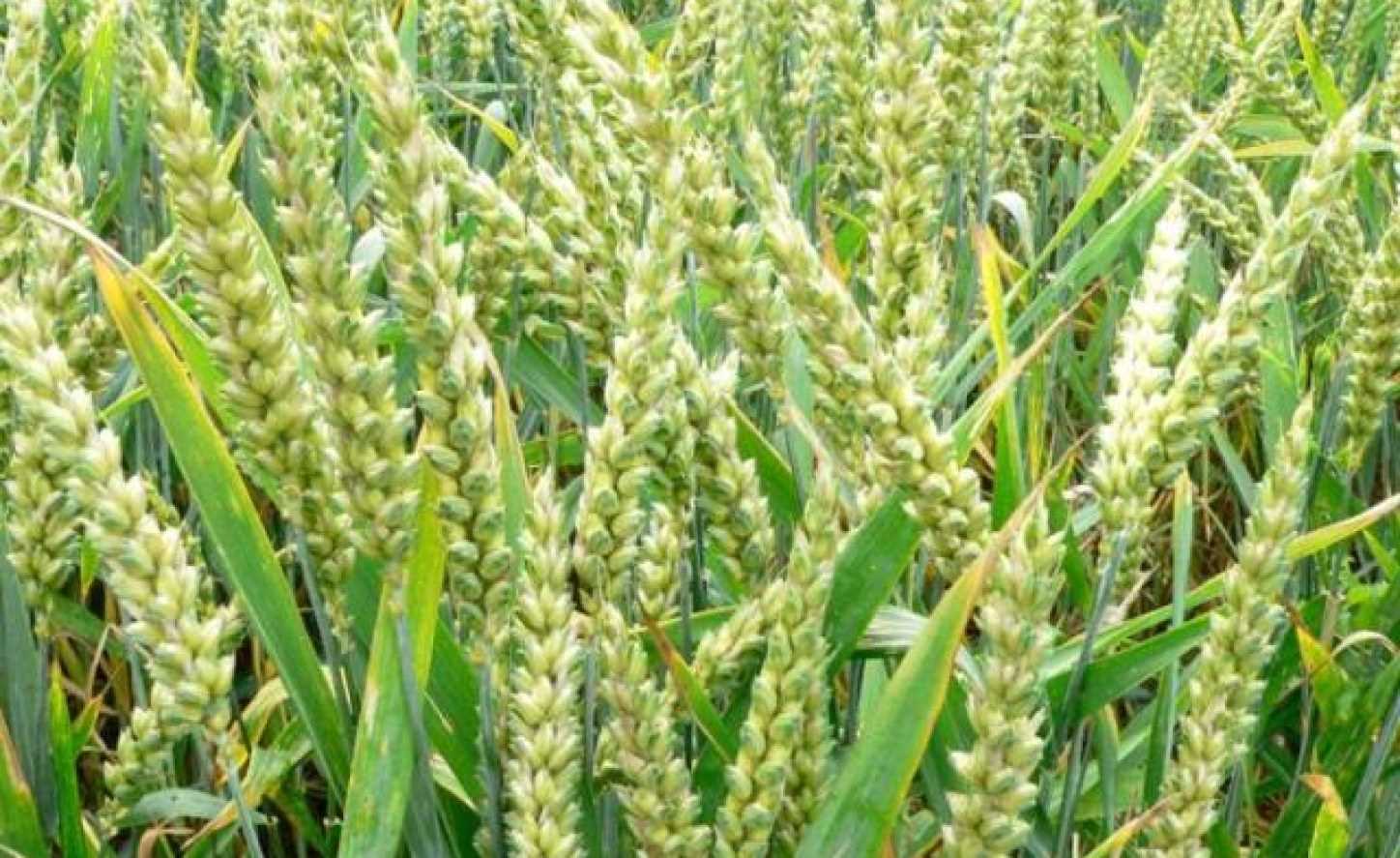
Oscar J Jeke
Government is sorting out outstanding wheat payments to farmers, the Minister of Lands, Agriculture, Fisheries, Water and Rural Development, Anxious Masuka has said.
Answering to questions from the media at the post-Cabinet briefing yesterday, Minister Masuka said that the outstanding payments are a result of disbursement delays experienced within government, noting that there are plans in process to ensure that farmers get their payments on time and avoid recurrence of such unfortunate incidences.
While apologising to farmers following delays in payments of outstanding wheat payments, the minister also said government has since paid all the money owed to maize farmers in both the local currency and United States Dollar.
The local currency component to wheat farmers has been paid, however an outstanding payment of over US$34.9 million remains, with plans from the government to make payments before the winter cropping season begins.
“We apologise to the nation and farmers on the delays of outstanding payments in wheat that is the USD component, this has been caused by delays in disbursements from treasury.
Related Stories
“We are confident that the Finance minister will soon introduce a raft of measures and policies to tackle inflation and currency volatility that has affected our farmers in our local currency payments,” Minister Masuka said.
On government preparations for the winter cropping season, Masuka said that government has increased the winter crop hectarage from last year’s 90 912 hectares to 120 000 hectares that is set to produce an estimated 624 000 metric tonnes against a national consumption of 360 000 metric tonnes.
He added that there are partnerships with banks and other agricultural entities to meet this set target that will tackle food scarcity in the nation, seeing that Zimbabwe has a distinct advantage in wheat production as compared to other grains.
“Zimbabwe has comparative advantages in producing wheat rather than maize or sorghum in winter. Accordingly, a total of 120 000 hectares have been targeted for wheat production during the 2024 winter cereal production season, compared to the 90 912 hectares planted in 2023. The total production is estimated as 624 000 metric tonnes, against a national requirement of 360 000 metric tonnes annually.
“The hectarage will be financed through banks; the Presidential Input Scheme; ARDA (Estates + Joint Ventures); the Food Crop Contractors Association; and self-financing.
Farmers are being advised that the country has enough wheat seed and chemicals, some fertilisers and chemicals in stock for the 2024 winter cereals production season. The deficit in fertiliser requirements has to be met through imports. There is enough water in the country’s dams for the winter cereals production programme.
“In terms of mechanisation, there is enough capacity to adequately and timeously till the 120 000 hectares. Government encourages all farmers with available irrigation and land to contribute to national efforts to produce a bumper wheat crop as part of the national strategy to ensure food security,” Minister Masuka added.



















Leave Comments